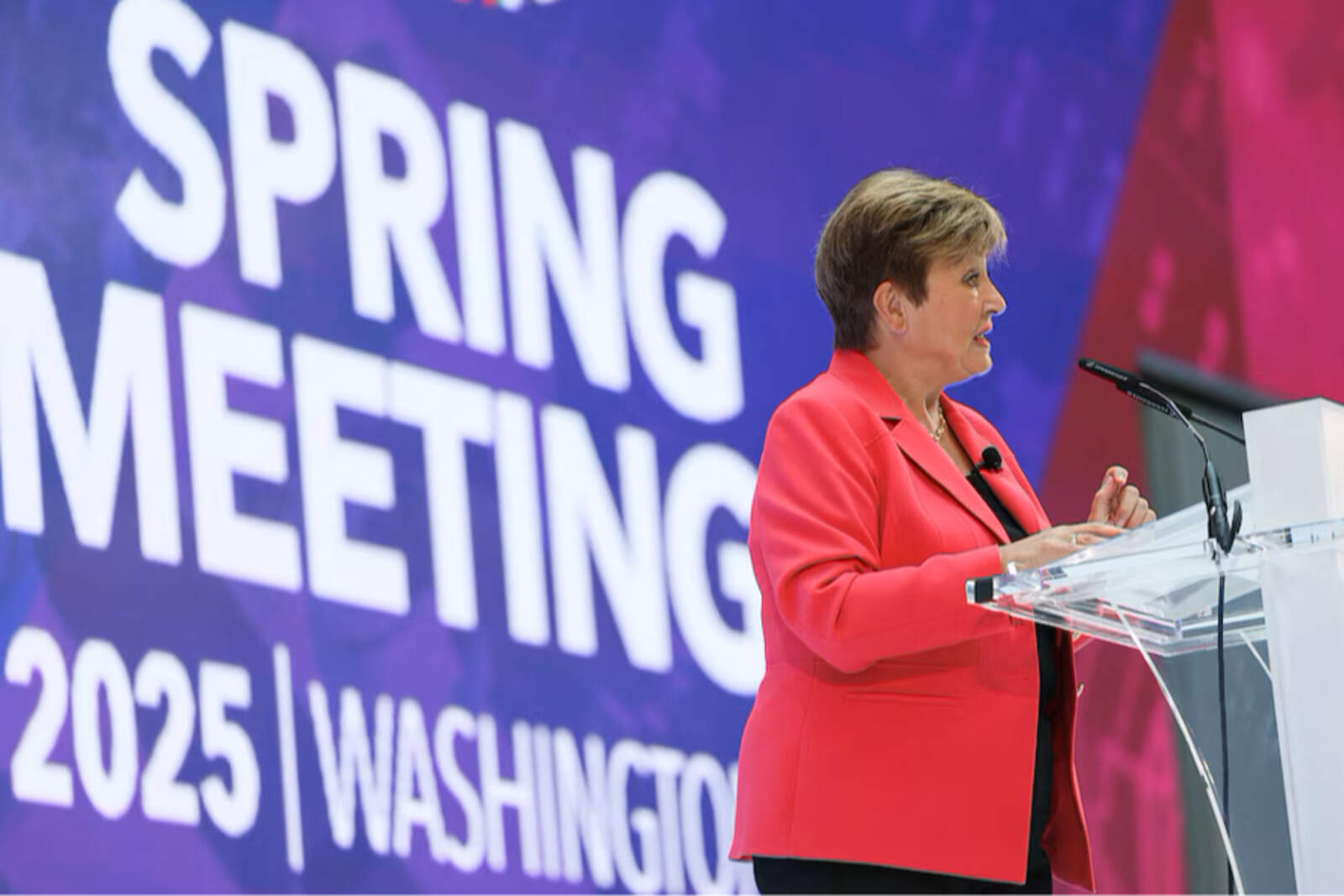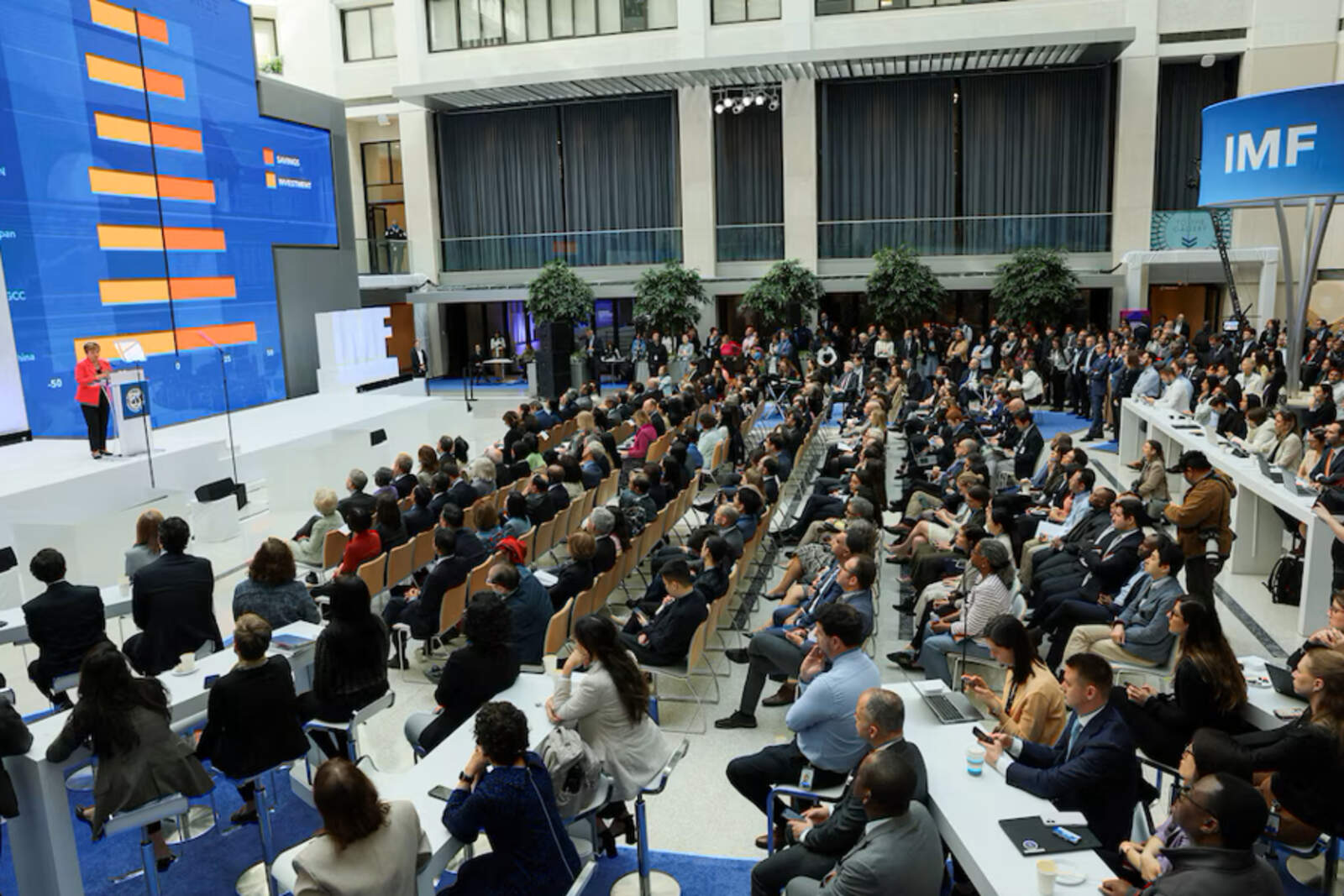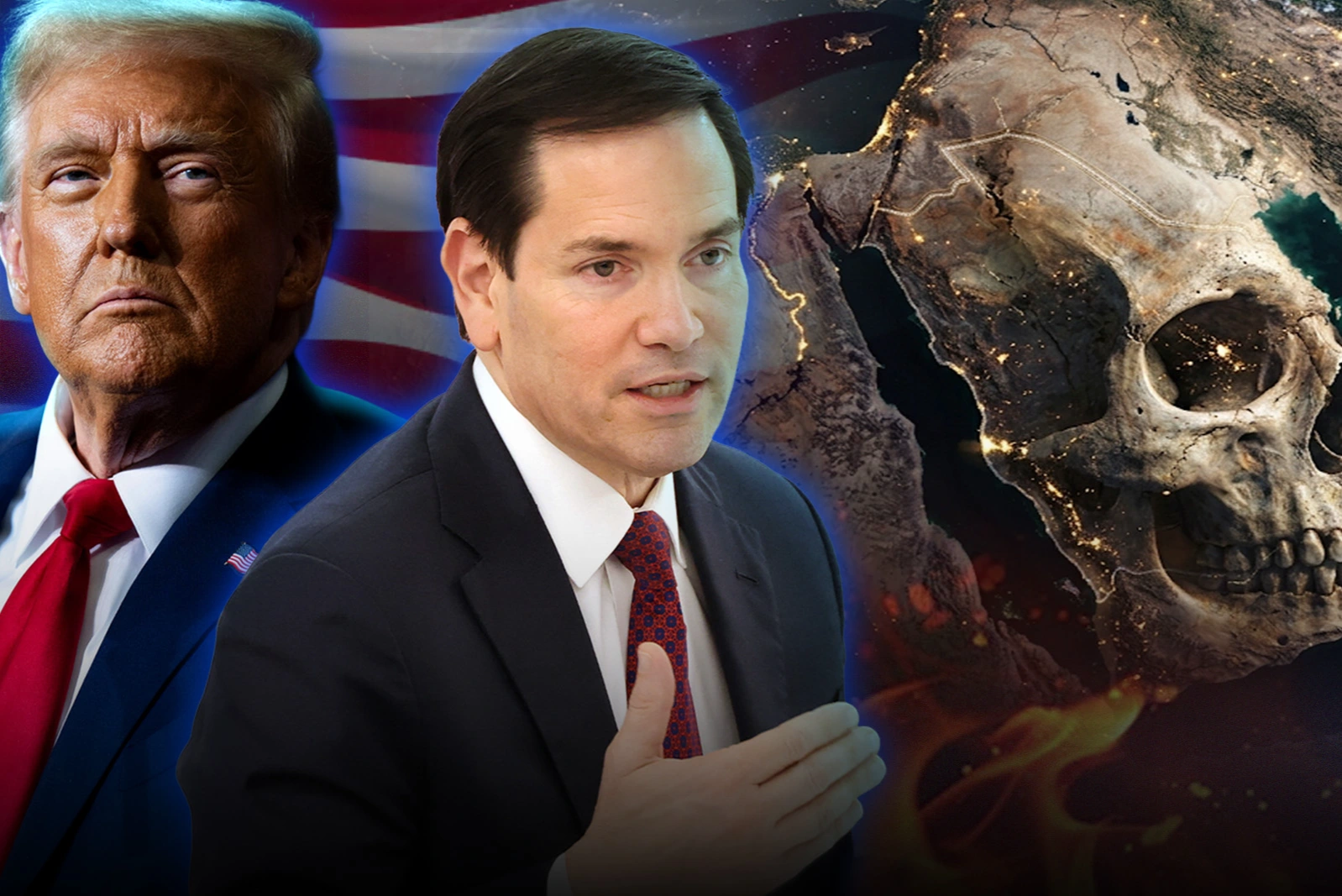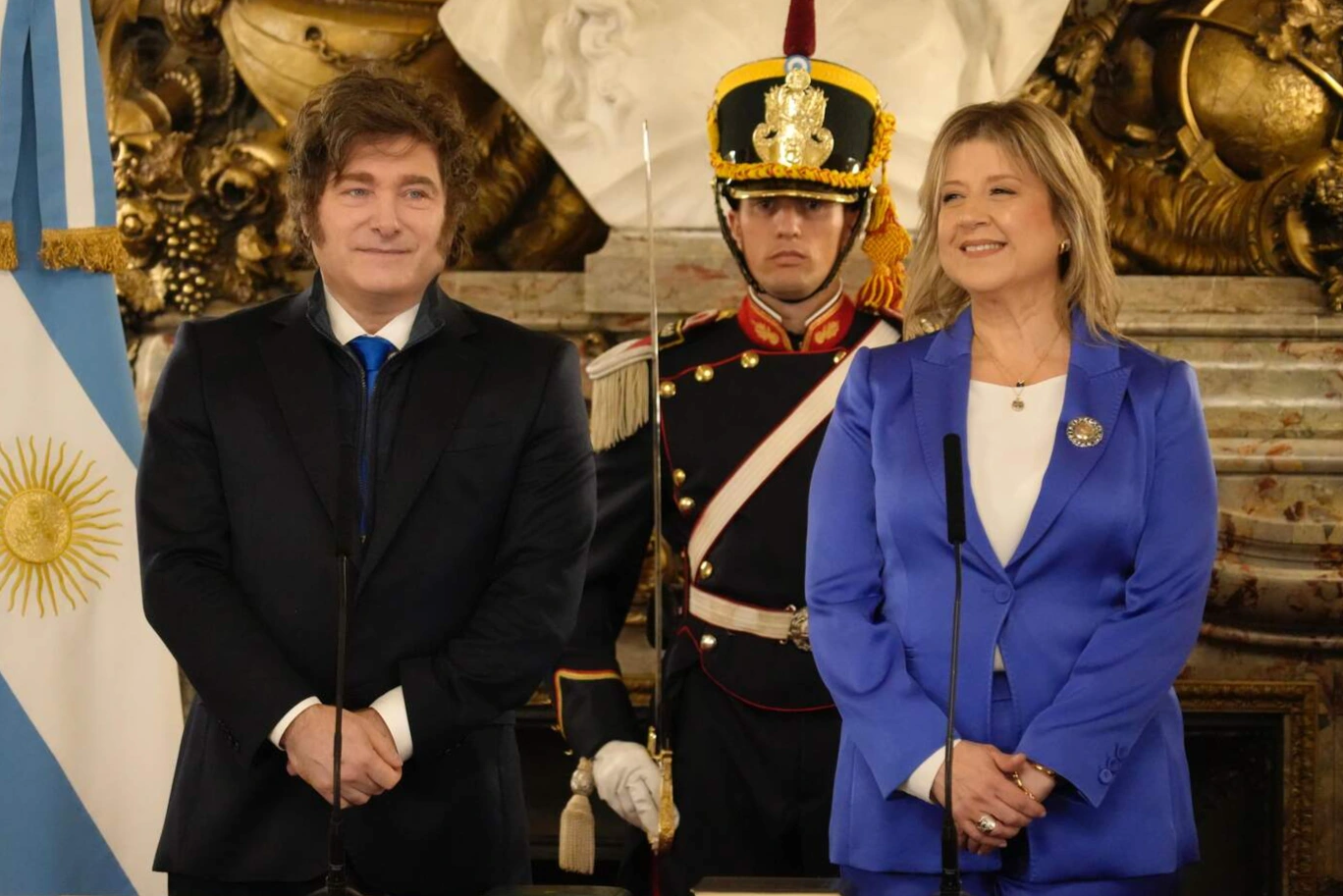In an international context marked by uncertainty, protectionism, and slowdown, Argentina emerges as a notable exception in the projections of the International Monetary Fund (IMF). The latest World Economic Outlook (WEO) report warned that the global economy will grow by just 2.8% in 2025—a reduction from the 3.3% forecast in January—mainly hit by the increase in tariffs driven by the United States and trade retaliations from other powers. However, in the same document, the multilateral organization keeps its optimism about Argentina's economic course: it projects a GDP growth of 5.5% and inflation in a moderate range of between 18% and 23%.
The report highlights that this favorable forecast is due to "positive surprises" observed in the country, even in a framework of strong fiscal adjustment. "We still maintain the 5.5% improvement for Argentina. This is related to the positive surprises we have seen despite a very strong fiscal adjustment. I believe that the recovery of confidence has greatly influenced this forecast," said Petya Koeva-Brooks, director of the IMF's research department, in a statement that directly points to the strength of the economic plan led by President Javier Milei.

The global outlook is less encouraging. According to the WEO, the recent tariff policies adopted by Washington—with a series of measures implemented on April 2—have brought effective tariff levels to their highest peaks in more than a century. This, the IMF warns, constitutes a "relevant negative shock for global growth", with particularly severe impacts on emerging and developing countries, such as those in Latin America.
The organization's new forecast estimates that the global economy will grow by 2.8% in 2025 and 3% in 2026. These figures represent a cumulative correction of 0.8 percentage points compared to the January estimates and are well below the historical average of 3.7% recorded between 2000 and 2019. Among advanced countries, the United States will see its growth fall to 1.8% in 2025—0.9 points less than previously estimated—while the eurozone will barely reach 0.8%. For emerging economies, the forecast was cut to 3.7%, with special attention to the impact on China, which appears as one of the most affected.









